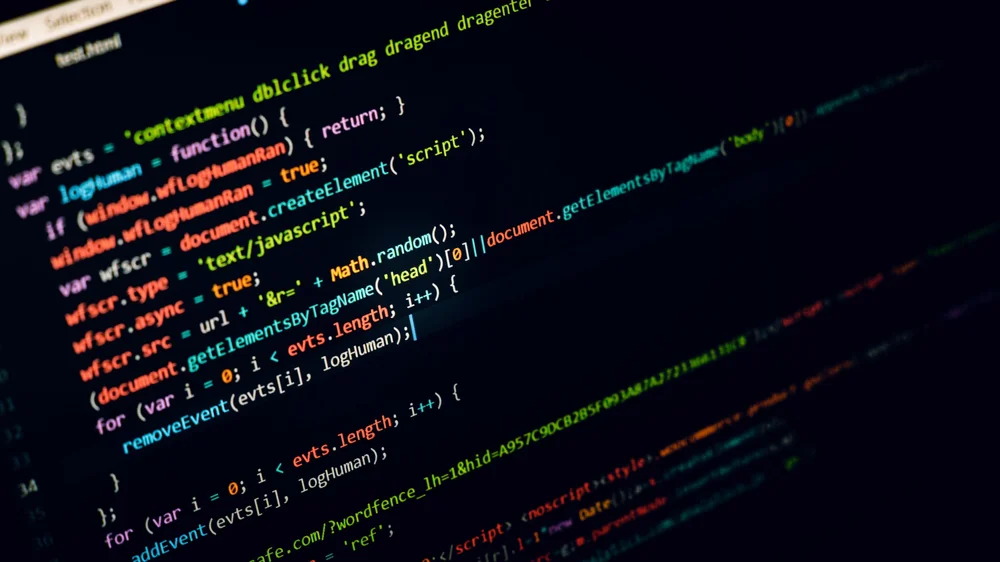
Image: https://ift.tt/sTPIg3W
Cyber Hacker Movie Blackhat Is Lackluster
by Lewis Robinson
Cyber security is a hot topic among many and with good reason. With more purchases being done online and with websites storing a slew of data, your private information is ripe for the picking by potential hackers.
That's why a movie such as Blackhat, starring Chris Hemsworth and directed by Michael Mann should have been a blockbuster sparking interest and debate about security issues threatening society including caller ID spoofing where a thief pretends to be from your bank to steal your bank account information or cyber hacking, where someone gets your credit card number and runs up bogus charges. This movie had the potential to be a huge hit. Sadly, it disappoints for a number of reasons.
Poor Writing
Blackhat tells the story of Nick Hathaway (played by Hemsworth) who's serving a prison sentence for the crime of online hacking to steal money from banks. The computer code he wrote years ago is now being used by an international terrorist group to take out innocent lives. If Nick can find out who the villain is, he can stay out of prison.
While Hemsworth is an admirable actor and Michael Mann is a brilliant director, their combined talent couldn't make up for a script that's lacking. A gripping script needs a strong, well-structured story with careful, realistic dialogue that reflects true characters. The dialogue was lacking in this film, and the story was slow at times making for a less than thrilling viewing experience.
Wrong Casting
Cyber geeks are, well, nerds. Many are on the autism spectrum, meaning they lack social skills. While Nick could have been a 90-pound weakling who buffed up while in prison (although the storyline never shows that), his character is strong enough with sufficient rugged charm to win the heart of the leading lady. It just doesn't ring true. Hemsworth is great in superhero movies because he's strong both physically and in character. He's just not meant to play a hacker who spends hours in his parents' basement cracking codes.
Inconsistent Editing
Director Michael Mann is famous for using a hand-held camera to provide gritty shots that are especially effective in night scenes. This technique worked great in films like Collateral. Unfortunately in Blackhat, the gritty scenes were mixed with CGI showing the inner workings of a computer and data winding its way through fiber optic cables. The effect was jarring, pulling viewers out of the storyline when they should have been breathlessly immersed.
Disappointing Villains
Even if such reasoning never shows up on the screen, every character needs to be well-thought-out with proper motivation for each action and dialogue. The villains in this movie are evil, but the film never explains why they act the way they do. The actors don't seem to know either, and the end result is a silly mess. Villains who do awful things simply because they're evil works well in a comedy, but in an action film like this one, the viewers need to know why the terrorists were randomly blowing up nuclear power facilities.
If the writers had taken the time to explain the terrorists' rage, then their villainy would have made more sense. A brief dialogue about the terrorists' hatred toward global warming or their fight for a free China would have worked. Nothing is provided in this film, leaving viewers confused and frustrated.
Unrealistic Film
Blackhat could have been a terrific, gripping film that would have been relevant to the challenges viewers face in this constantly online society. Instead, it used a formulaic storyline along with stilted, unrealistic dialogue, and villains who lacked depth. That and the wrong casting made for a disappointing film.
from Review Blog https://ift.tt/g5UMzk1







No comments:
Post a Comment